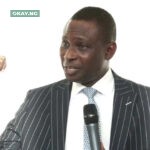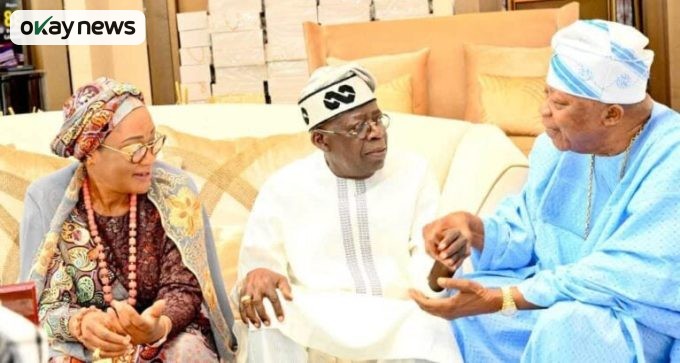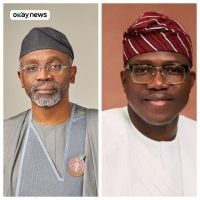The Economic and Financial Crimes Commission (EFCC) has lifted the lid on a troubling new scheme among Nigeria’s political elite — one that allows corrupt leaders to “legitimise” stolen wealth before they even set foot in office.
This strategy, now dubbed “anticipatory declaration of assets” by the EFCC, involves politicians declaring ownership of high-value properties that do not yet exist in official asset forms, only to acquire them later with embezzled public funds.
How the Tactic Works — Step by Step
- Election Victory – A politician wins an election but has not yet been sworn into office.
- Early Asset Declaration – Before assuming duties, they submit an asset declaration form to the Code of Conduct Bureau (CCB).
- Listing Non-Existent Properties – The politician includes mansions, luxury estates, or other high-value properties that they plan to acquire — even if those assets do not yet exist.
- Paper Trail Manipulation – They might register empty plots of land or fake ownership documents at the land registry, creating an official record.
- Post-Swearing-In Acquisition – Once in office, stolen public funds are used to build or buy the declared properties.
- Future Shield from Prosecution – Because the asset was already “declared,” anti-graft agencies face hurdles proving it was acquired with illicit funds while in office.
Why It’s Hard to Detect
According to EFCC Chairman Ola Olukoyede, the scam is “devilishly smart” because it exploits Nigeria’s asset declaration system — which is largely a self-reporting mechanism.
- Limited Verification – CCB often relies on what public officers submit, with minimal real-time cross-checking.
- Lack of Pre-Swearing-In Audits – No robust investigative review is done before assets are recorded in official declarations.
- Legal Grey Areas – The Code of Conduct law does not explicitly criminalise declaring an asset before acquiring it, making prosecution complex.
In a recent EFCC investigation, a politically exposed person declared a mansion worth over ₦3 billion before it was even built. The politician falsely claimed it was inherited, but investigators found the land had only just been registered and designs completed shortly before they were sworn in.
The Risks to Nigeria’s Anti-Corruption War
Experts warn that anticipatory declaration could:
- Normalise premeditated looting by making stolen wealth appear legitimate.
- Erode public trust in asset declaration as a transparency tool.
- Frustrate prosecutions, as corrupt officials can claim that such properties were pre-owned.
The Fix — What Needs to Change
To close this loophole, governance experts recommend:
- Mandatory Independent Verification – Asset declarations should be verified by independent investigators before an official is sworn in.
- Criminalising False or Premature Declarations – The Code of Conduct Act should explicitly outlaw declarations of unacquired assets.
- Integration of Registries – The CCB, EFCC, land registries, and banks should have a real-time database for asset verification.
- Enhanced Whistleblower Protection – Encourage insiders to report suspicious pre-office acquisitions.
- Public Access to Asset Declarations – Transparency would make it easier for journalists and citizens to detect discrepancies.













